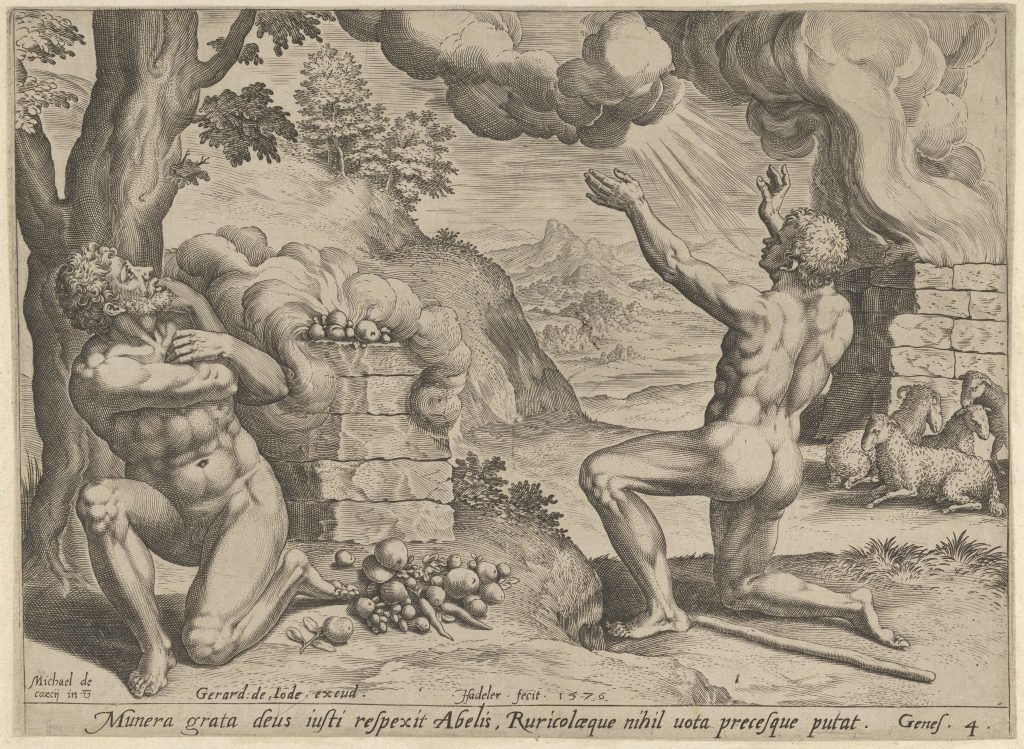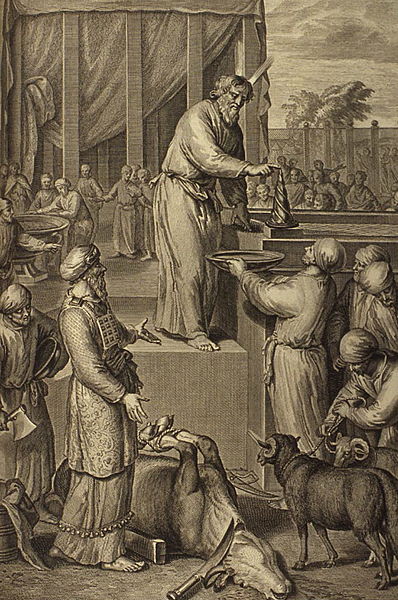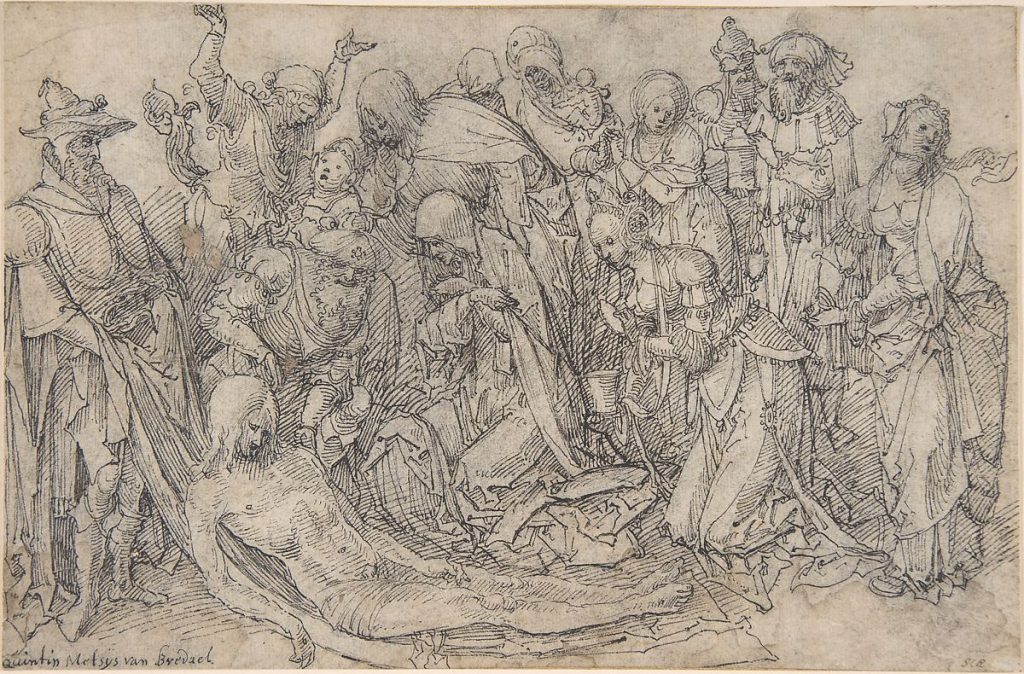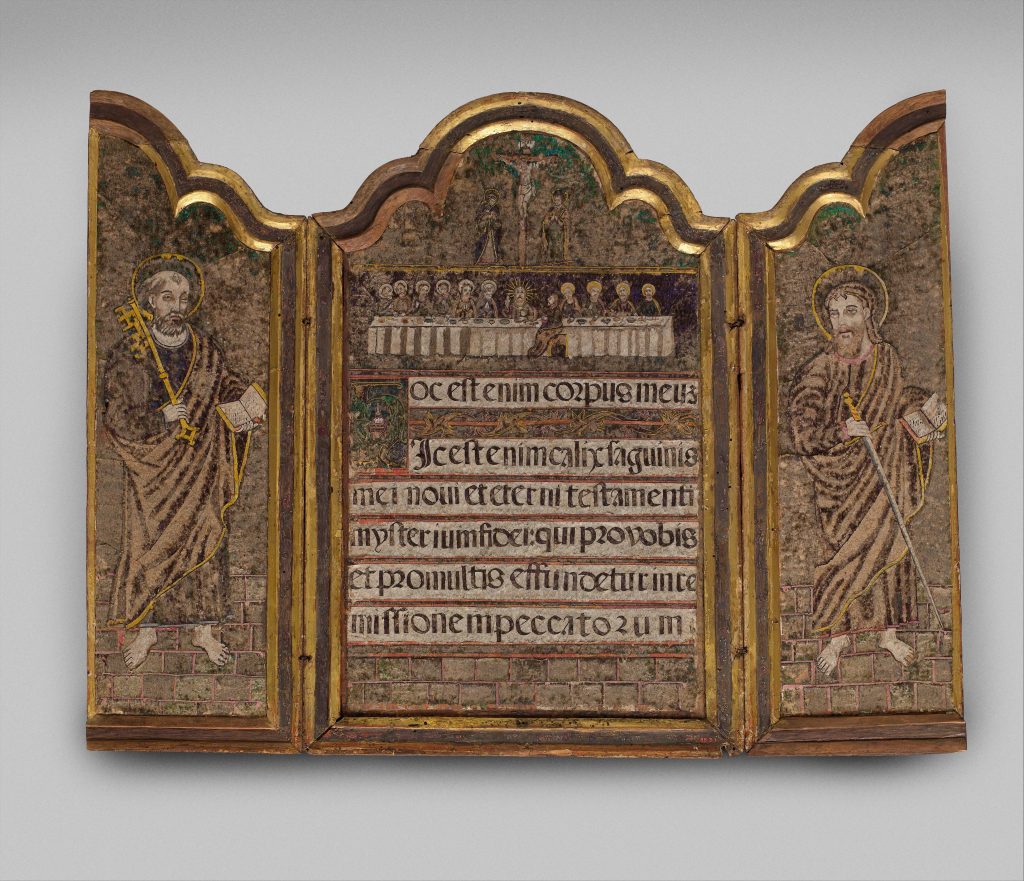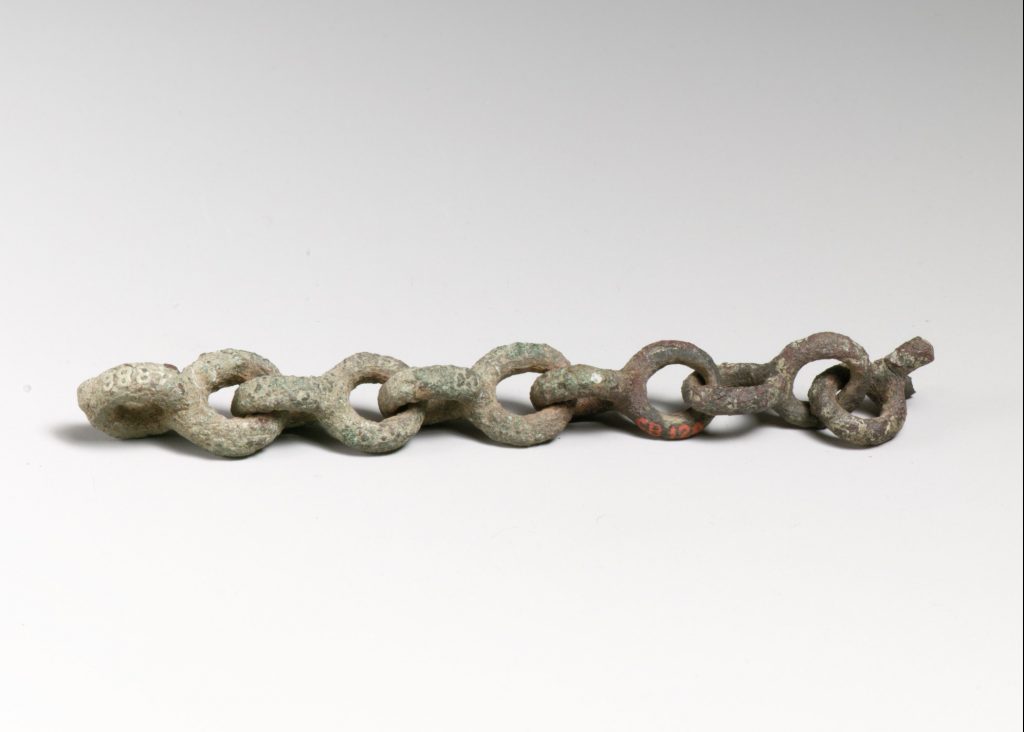Podcast: Play in new window | Download (Duration: 1:41:57 — 140.7MB) | Embed
Subscribe: Apple Podcasts | More
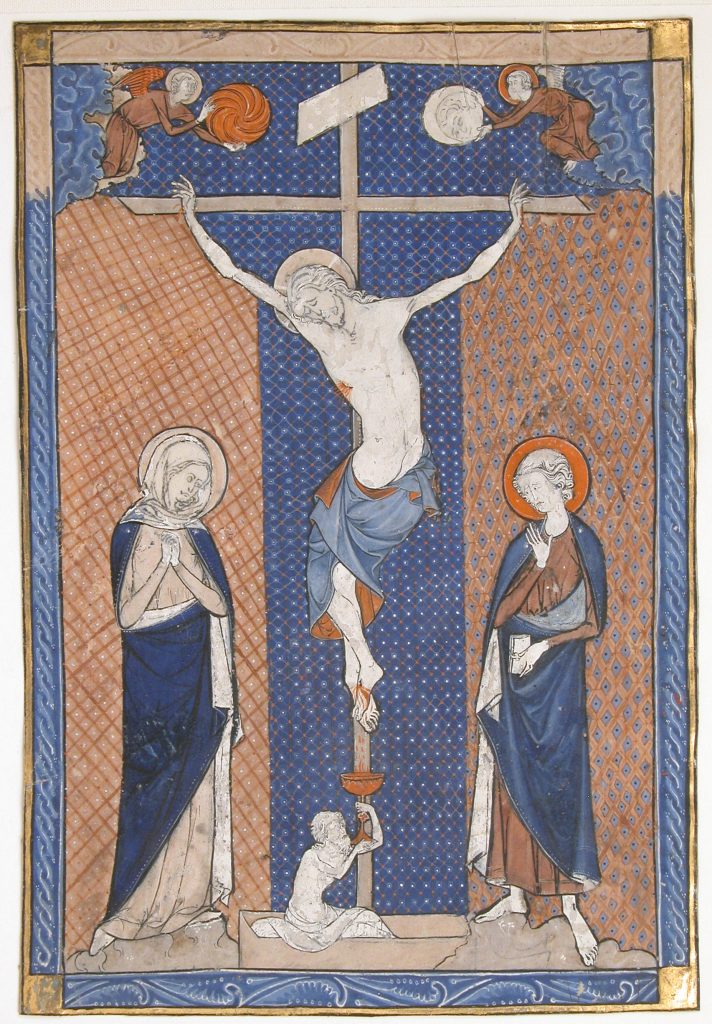
From a Missal_ca 1270–80
Image in the Public Domain
Psalm 22 Part 1 with Communion
The thing I hear most often from my friends and acquaintances who do not fully agree with my views is that we shouldn’t take the Bible too seriously. I’ve never really heard anyone “denounce” the Bible or call for the end of the use of the Bible in society; at least not anyone most of us would take seriously. With only a few exceptions, perhaps, some lonely, attention-starved Internet trolls, most people are polite in their rejection of what the church still considers (for the time being) its most important document. Most people I encounter…especially those who know what I do with my life are civil, albeit a bit condescending. I often hear things like, “Well, it’s just a bunch of stories” or “It’s not perfect because it’s just a book written by men” or “Society has evolved since it was written. It’s no longer relevant.” The interesting thing about those who make these and similarly dismissive comments is that it is unlikely that any of them have spent more than 5 hours of their lives studying that which they criticize. It’s actually quite unique in the human social experience, I believe. In most other subject areas it would be considered rude to comment on the value or validity of something before having, at least, some knowledge of it. Although, I do admit, with the rise of social media more and more seem to willingly and actively participate in discussions on just about any topic regardless of their fitness to do so.
Despite the fact there is a fairly sizable proportion of Biblical critics who refuse to change their position on the truth of Scripture, I believe there are still quite a few who just need to take a closer look. Today (and next time) we are talking about Psalm 22. This is where staying “on the fence” gets really tough. You see, besides just being one of the finest of the Hebrew worship songs, Psalm 22 is a remarkably accurate prophecy. Perhaps you didn’t know that the Psalms aren’t just a collection of Jewish hymns but that they’re also rich in prophetic imagery especially as it relates to the coming Messiah. In fact, Jesus Himself once said:
(Luk 24:44) …all things must be fulfilled, which were written in the law of Moses, and in the prophets, and in the psalms, concerning me.
Jesus said the psalms, along with other Old Testament Scripture, spoke of Him. Join us for this episode as we begin to unpack the remarkably prophetic Psalm 22. I especially encourage those of you who are still not sure if the Bible is sent from God Himself to have a listen. BUT if you are one of those who are not yet convinced that Scripture is “inspired” I’m going to ask you to withhold judgment until you have fully examined this startling example of God’s Holy Spirit working through the pens of men. It may take more than just our little two part series to get you all the information you need on this topic. Like every subject we teach on, I encourage all of you to do your own research. I never want you to solely rely on our teaching as you pursue a better understanding of God through His Word but I believe this is a good place to start. We do our best to strip away the tradition and religion and get to the heart of what the Bible is really saying. Psalm 22 was written for YOU. Psalm 22 was written with a purpose in mind. God is reaching His Hand out to you, grab it and let Him draw you closer through what He has said in Scripture.
In this episode we also celebrate a Communion. If you’ve never done that with us before I would encourage you to pay as close attention as you can to the first 20 minutes or so of the program. It is in that segment where we cover some of the more important aspects of “Going to the Table of the Lord”. (If this is not the first time you’ve celebrated the Communion with us on a podcast then you’ve probably heard that first part already. If you prefer to skip ahead to the message just go to the 22 minute, 27 second mark of the podcast. That’s where the new content begins.)
Just as a reminder, let me suggest that before you start the podcast that you take a few minutes and go to the Lord in prayer. We discuss eternal things on this program and the best way to get the most out of it is to have the Holy Spirit “alongside” assisting your understanding. Jesus is standing by, waiting for your prayers. Go to the Father and ask Him to open your heart and mind so that you can grow ever closer to Him.


